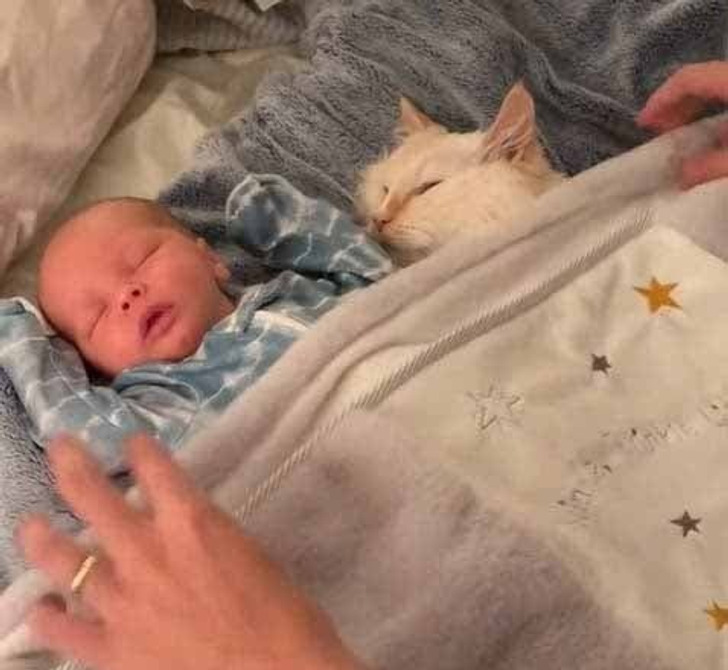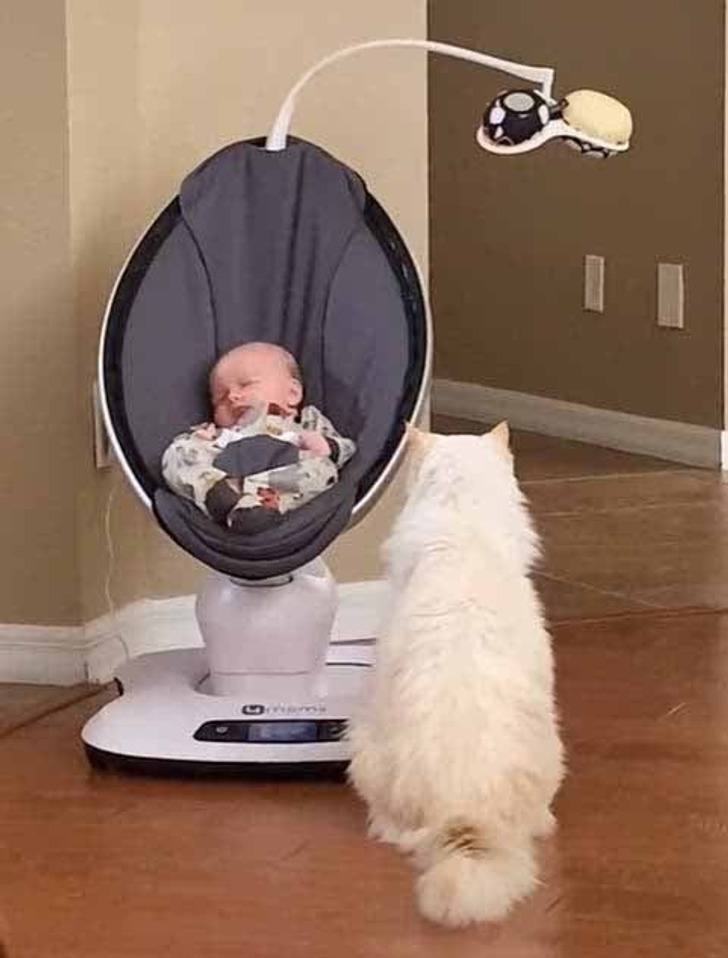Sir David Attenborough is a widely revered figure in the realm of natural history and broadcasting. With a career spanning over six decades, he has captivated audiences around the world with his nature documentaries, fostering a deep appreciation for the wonders of the natural world.
Early on, Attenborough’s fascination with the natural sciences led him to study at the University of Cambridge. After completing his studies, he embarked on a broadcasting career with the BBC in 1952. In the pioneering series “Zoo Quest,” Attenborough not only produced but also appeared on camera, setting the stage for his future endeavors and establishing his engaging and informative style.

In the 1970s, Attenborough made a significant shift in his career, transitioning back to content creation from administrative roles within the BBC. This shift led to the creation of the groundbreaking series “Life on Earth” in 1979, which reached an astonishing 500 million viewers worldwide. Attenborough’s subsequent works, such as “The Blue Planet” and “Planet Earth,” have been acclaimed for their extensive research, stunning cinematography, and his captivating narration.
What truly sets Sir David Attenborough apart is not only his immense knowledge of the natural world but also his ability to connect with audiences. His warm and engaging narration conveys both a sense of wonder and an urgent call for environmental conservation.

Throughout his illustrious career, Attenborough has received numerous accolades, including BAFTAs, Emmys, and the distinguished Order of Merit from Queen Elizabeth II. His unwavering commitment to raising awareness about the beauty and fragility of our planet has not only made him a respected broadcaster but also a global advocate for environmental issues. Even in his 90s, his work continues, leaving a lasting impact on future generations.
Now, at the age of 97, Sir David Attenborough openly admits to grappling with memory loss, particularly when it comes to remembering names during scriptwriting. However, this natural decline in memory does not hinder his career or disrupt his daily life. It is estimated that around 40% of people experience memory loss after the age of 65, but this does not necessarily indicate dementia. Attenborough firmly refuses retirement, declaring that “putting your feet up is all very well, but it’s very boring.”

Despite these memory challenges, Sir David Attenborough continues to inspire through his ongoing series, “Planet Earth III,” where he highlights the importance of coexisting with nature and takes on our responsibility towards it. His resolute dedication to his craft and his enduring passion for the natural world make him a living legend and an inspiration to people of all ages.

A Cat and a Newborn Went Viral for Being Best Friends but People Are Worried, «Please Be Careful»
In the world of pet companionship, dogs often steal the spotlight for their perceived loyalty and affection towards humans, especially babies. Cats, on the other hand, have long been labeled as solitary and indifferent. But a heartening video shared on TikTok challenges this stereotype, showcasing the remarkable bond between a protective feline named Teddy and his human baby brother, William.
A bond that started from day one.

From the moment William entered the household, Teddy, the family cat, embraced him with open paws, assuming the role of a caring and watchful «big brother.» Contrary to expectations, Teddy didn’t display an ounce of jealousy but instead showered the newborn with affection and protection, much to the delight and surprise of his owners.
Capturing these precious moments on camera, William’s parents shared their growing friendship on TikTok, where it quickly gained attention from viewers worldwide. In the videos, Teddy is seen gently interacting with William, ensuring his safety and even playfully engaging with him in his baby seat. It’s evident that Teddy sees William as his own, forming an inseparable bond that transcends species.
One video went viral.

William and Teddy’s TikTok videos are a massive hit, with one in particular reaching almost 12 million views. Witnessing the cat’s tender and affectionate behavior towards the baby brings joy to all who watch their interactions. Whether it’s sleeping next to him, keeping watch over his dreams, or delicately holding him with his paws, the cat’s unwavering commitment to the baby is evident. Refusing to leave his side, the cat seems to intuitively understand the fragility and vulnerability of the little one, embodying a protective presence that touches the hearts of all who witness their bond.
Happy comments flooded in.

The touching videos shared by William’s parents evoke a range of emotions from viewers, with many expressing admiration for Teddy’s unwavering devotion to his baby brother. Comments flooding the videos reflect the universal appeal of their bond, with some jokingly suggesting that William may have become Teddy’s surrogate. «Could anything be more precious?» one user mentioned. Indeed, Teddy’s nurturing instincts and affectionate behavior have earned him the title of a first-rate babysitter in the eyes of his adoring fans.
While others worried about the cat and baby close together.

Some people expressed concerns about allowing pets near newborns. In one of the videos, we can see comments saying «Please be careful.» Allowing cats near babies is a matter of personal choice and depends on various factors, including the temperament of the cat, the health and safety concerns of the baby, and the supervision provided by the parents or caregivers.
While many cats can coexist peacefully with newborns and even develop strong bonds with them, it’s essential to exercise caution and take appropriate precautions to ensure the safety of both the baby and the cat. However, Teddy and William’s interactions challenge preconceived notions about cats’ personalities and showcase the depth of empathy and compassion these creatures are capable of displaying.
As Teddy continues to watch over William, offering comfort and companionship in his own feline way, their story serves as a heartening reminder of the transformative power of love, transcending boundaries of species and age. In a world often divided by differences, the pure and unconditional bond between a cat and a baby provides hope and warmth, reminding us of the inherent goodness that exists within us all.



Leave a Reply